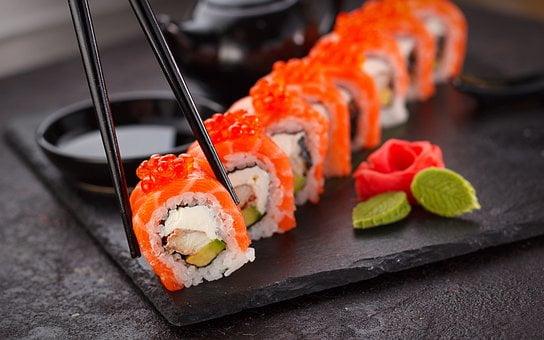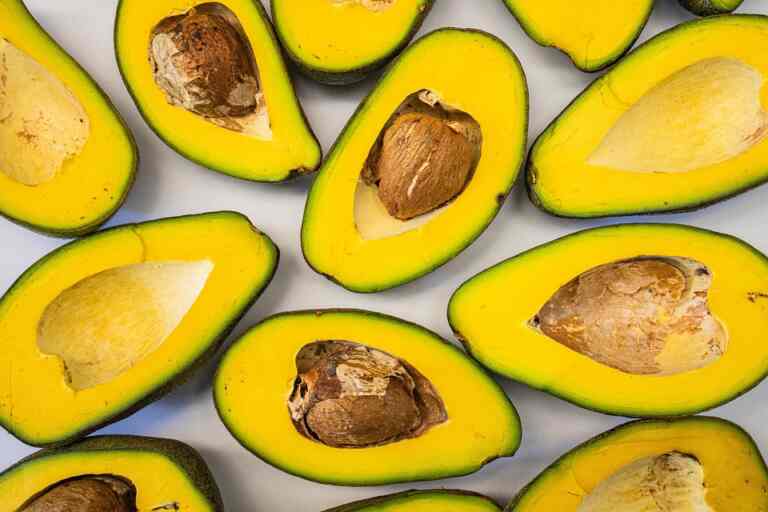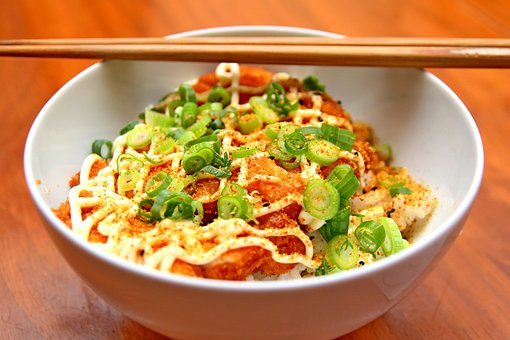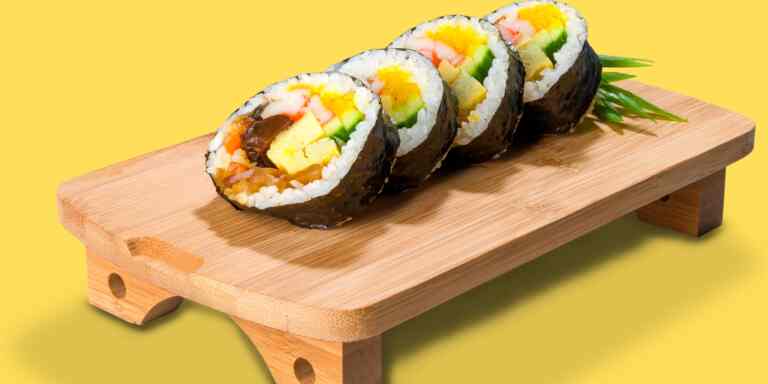Can We Eat Sushi While Pregnant?
Can we eat sushi while pregnant? Sushi is a popular Japanese dish that typically contains raw fish, seaweed, rice, and vegetables. While sushi can be a nutritious and delicious meal, pregnant women need to be cautious when consuming raw fish and other seafood.
Raw or undercooked seafood can contain harmful bacteria and parasites that can cause foodborne illness, which can be especially dangerous for pregnant women and their developing fetuses. Additionally, some types of fish used in sushi, such as tuna and swordfish, contain high levels of mercury that can be harmful to fetal development.
Extra Information About Sushi
While it is generally not recommended for pregnant women to consume raw or undercooked seafood, some types of sushi can be safe to eat in moderation. Cooked sushi, such as shrimp or eel, is typically considered safe to eat during pregnancy. Some types of sushi containing cooked fish or vegetables, such as California rolls or avocado rolls, can also be a safe option.
However, pregnant women should avoid eating any type of raw sushi, including raw fish rolls and sashimi. Additionally, they should limit their intake of high-mercury fish like tuna, swordfish, and mackerel.
In summary, while sushi can be a healthy and delicious meal, pregnant women should exercise caution when consuming raw or undercooked seafood. Opting for cooked sushi or sushi with vegetables can be a safe alternative, but it’s always best to speak with a healthcare provider before adding any new foods to a pregnancy diet.
The Risks and Rewards of Eating Sushi While Pregnant
can pregnant women eat sushi ? Sushi is a popular Japanese dish that contains raw fish, rice, vegetables, and seaweed. While sushi can be a nutritious and delicious meal, it’s essential for pregnant women to be aware of the potential risks and rewards of consuming it during pregnancy.
Raw or undercooked fish and seafood can contain harmful bacteria and parasites that can cause foodborne illness. Pregnant women are at a higher risk of contracting a foodborne illness due to changes in their immune system, which can make them more vulnerable to infection. Additionally, some types of fish used in sushi, such as tuna and swordfish, contain high levels of mercury, which can be harmful to fetal development.
However, sushi can also have some benefits for pregnant women. Fish and seafood are rich in omega-3 fatty acids, which are essential for fetal brain and eye development. They are also a good source of protein and other nutrients.
If a pregnant woman decides to eat sushi, it’s important to choose low-mercury fish, such as salmon, shrimp, and trout. Cooked sushi, such as shrimp or eel, is also a safe option. Vegetarian sushi, such as avocado rolls or cucumber rolls, can be a healthy and delicious alternative.
Is It Okay to Eat Sushi When Pregnant?
can pregnant women eat sushi ? Sushi is a popular Japanese dish that can contain raw or cooked seafood, vegetables, and rice. While sushi can be a nutritious and delicious meal, pregnant women need to be cautious when consuming it.
Raw or undercooked fish and seafood can contain harmful bacteria and parasites that can cause foodborne illness, which can be particularly dangerous for pregnant women and their developing fetuses. Additionally, some types of fish used in sushi, such as tuna and swordfish, contain high levels of mercury. Which can be harmful to fetal development.
However, this does not mean that pregnant women cannot enjoy sushi. They can still consume sushi, but they need to follow some guidelines to ensure it is safe for consumption. Firstly, pregnant women should choose sushi that contains cooked seafood, such as shrimp or eel, and avoid any sushi that contains raw seafood or raw meat.
Secondly, pregnant women should be careful of the type of fish they choose. Low-mercury fish like salmon, trout, and shrimp are safer options, while high-mercury fish like tuna, swordfish. And mackerel should be avoided or consumed in limited amounts.
Lastly, it is important to consume sushi from a reputable and trusted source that practices good food safety and hygiene practices. Pregnant women should also make sure that the sushi is fresh and has been properly stored.
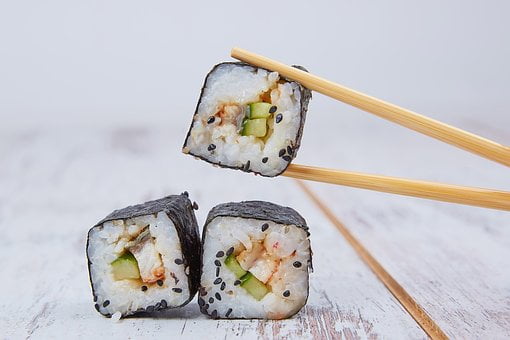
The Pros and Cons of Eating Sushi While Pregnant
can pregnant women eat sushi? Sushi is a popular Japanese cuisine that includes raw or cooked fish, rice, and vegetables. Many people wonder if it is safe for pregnant women to consume sushi during pregnancy. Here are the pros and cons of eating sushi while pregnant.
Pros:
- Sushi can be a good source of protein, vitamins, and minerals for pregnant women.
- Seafood in sushi, like salmon and tuna, contains omega-3 fatty acids, which are essential for fetal brain development.
- Sushi rolls with vegetables, avocado, and cooked seafood can provide pregnant women with essential nutrients.
Cons:
- Raw or undercooked seafood used in sushi can contain harmful bacteria and parasites that can cause foodborne illnesses like Listeria, Salmonella, and Vibrio.
- Some types of fish used in sushi, like tuna and swordfish, contain high levels of mercury, which can be harmful to the fetus’s developing nervous system.
- Pregnant women have weakened immune systems and are more prone to infections, which increases the risk of contracting foodborne illnesses.
What You Need to Know Before Eating Sushi While Pregnant
Sushi is a popular Japanese cuisine that is enjoyed by many people around the world. However, if you are pregnant, you may be concerned about the safety of consuming sushi. Here’s what you need to know before eating sushi while pregnant:
- Choose cooked sushi: Raw or undercooked seafood used in sushi can contain harmful bacteria and parasites that can cause foodborne illnesses like Listeria, Salmonella, and Vibrio. Therefore, it is recommended that pregnant women stick to cooked sushi, such as cooked shrimp, crab, or eel.
- Avoid high-mercury fish: Some types of fish used in sushi, like tuna, swordfish, and king mackerel, contain high levels of mercury. Which can be harmful to the fetus’s developing nervous system. Pregnant women should avoid consuming these types of fish or limit their intake to no more than 6 ounces per week.
- Choose reputable sushi restaurants: When choosing a sushi restaurant, make sure they have good hygiene and food safety practices. Look for restaurants that use fresh ingredients and have a clean preparation area.
- Consult with your healthcare provider: Pregnant women should consult with their healthcare provider about their diet and nutritional requirements during pregnancy. Your healthcare provider can recommend specific types of seafood that are safe to eat. And advise you on any dietary restrictions you should follow.
- Practice food safety: To minimize the risk of foodborne illnesses, pregnant women should practice food safety when preparing and consuming sushi at home. This includes washing your hands thoroughly before and after handling raw seafood. It keeping raw and cooked seafood separate, and refrigerating sushi properly.
Is It Okay to Eat Sushi When fever?
can pregnant women eat sushi ? If you have a fever, it is generally advisable to avoid eating raw or undercooked foods, including sushi. When you have a fever, your immune system is already compromised and consuming raw seafood may increase the risk of foodborne illnesses such as bacterial or parasitic infections.
Raw fish used in sushi can potentially contain harmful bacteria or parasites that can cause gastrointestinal issues, particularly in individuals with weakened immune systems. Additionally, certain types of sushi, like those made with raw shellfish, carry a higher risk of bacterial contamination.
It is best to prioritize your health and allow your body to recover from the fever before consuming raw or undercooked foods. If you have any concerns about your health or specific dietary recommendations. it’s always a good idea to consult with a healthcare professional.
Can pregnant women eat sushi ?
can pregnant women eat sushi ? When it comes to sushi and pregnancy, it is generally recommended that pregnant women exercise caution due to the potential risks associated with consuming raw or undercooked fish.
Raw fish, such as that used in sushi, can contain parasites and bacteria that may pose a risk to both the mother and the developing fetus. These risks include the possibility of foodborne illnesses such as salmonella or listeria, which can lead to serious complications during pregnancy.
However, it’s important to note that not all sushi contains raw fish. Some types of sushi, such as vegetarian rolls or sushi made with cooked ingredients like fully cooked fish or vegetables, can be a safer option for pregnant women.
If you are pregnant and craving sushi, it’s best to consult with your healthcare provider or a qualified medical professional who is familiar with your medical history. They can provide personalized advice based on your specific circumstances and guide you on making the safest choices regarding your diet during pregnancy.
Ultimately, it is recommended to prioritize food safety and opt for sushi options that are fully cooked or vegetarian to reduce any potential risks during pregnancy.
Conclusion
In conclusion, can pregnant women eat sushi ? sushi is a delicious cuisine enjoyed by many people around the world, but pregnant women may be concerned about the safety of consuming sushi. While some types of sushi may pose a risk to the health of the fetus, there are ways to enjoy sushi safely during pregnancy. Pregnant women should choose cooked sushi, avoid high-mercury fish, choose reputable sushi restaurants, consult with their healthcare provider, and practice food safety.
By following these guidelines, pregnant women can still enjoy the flavors of sushi without putting themselves or their fetus at risk. However, it is always important to consult with your healthcare provider about your dietary needs during pregnancy.
Related Posts
This article is reviewed by Russel, before publishing. If you have any doubt, you can contact us or consult with your nearby doctor. Remember, in medical matters, there is no same advice, cure, and medicine for all.

